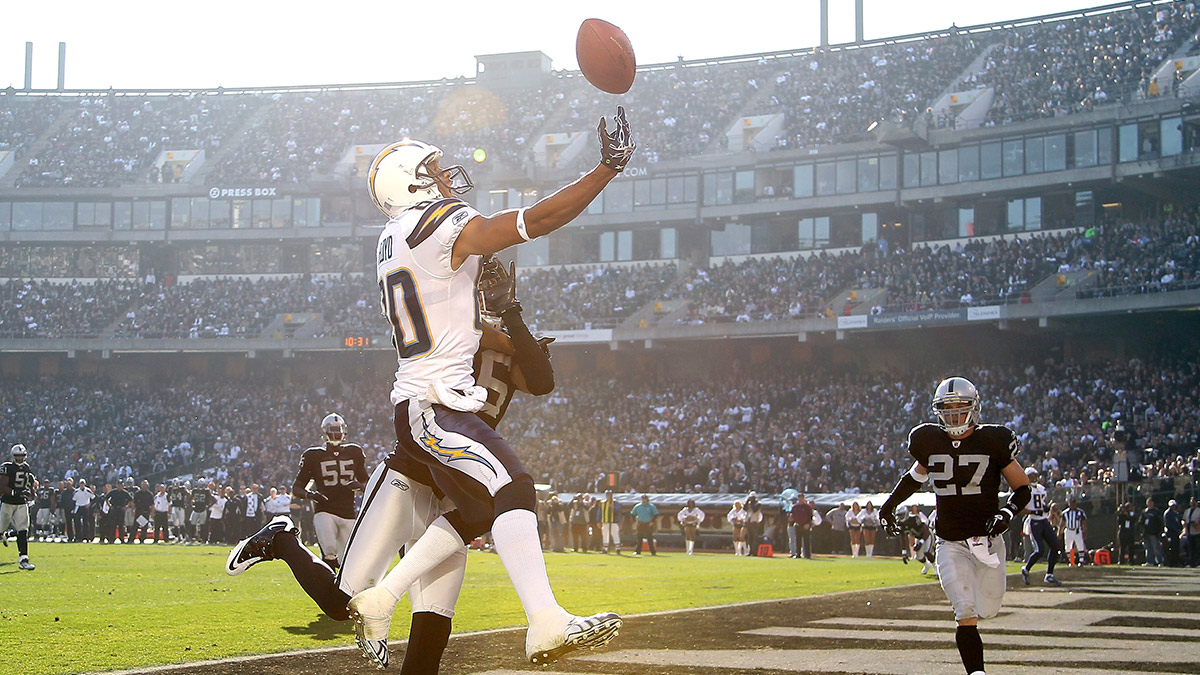Incannex teams up with Monash University and the NFL in exciting new study for its proprietary concussion treatment

The new study could accelerate the pathway to Phase 2 clinical trials for IHL’s proprietary drug treatment. (Image: Getty)
The new study could accelerate the pathway to Phase 2 clinical trials for IHL’s proprietary drug treatment.
Clinical-stage cannabis and psychedelic biotech Incannex Healthcare (ASX:IHX) has been steadily building the development pathway to test the effectiveness of its IHL-216A in the treatment of sports concussion.
And this morning, the company announced that it’s partnering with a leading research team at Monash University for the next phase of testing.
Working with the Monash Trauma Group at the university’s Department of Neuroscience, the study will test the protective effect of IHL216A, using a unique model developed in conjunction with the US National Football League (NFL).
The NFL concussion model study marks the next step in the testing pathway for IHL-216A, after an in vivo study on rodents in December confirmed the drug’s capacity to protect against secondary brain injuries.
Commenting on the partnership with Monash, IHL CEO Joel Latham said using well-recognised animal study will allow the company to accelerate its development pathway as it moves towards pivotal clinical trials required by the US FDA.
“Furthermore, the company will collect additional data from an animal study that it would not be able to compile in human studies,” Latham said.
“This additional data will inform the design and end points of our pivotal clinical trials.”
The IHL-216A treatment combines cannabidiol (CBD) with an anaesthetic agent to help reduce trauma and inflammation from head injuries.
As part of the Monash Trauma Group study, the team will test the effectiveness of IHL-216A against isolated agents including CBD and isoflurane.
Previous studies indicated that IHL-216A outperformed CBD in reducing neuronal damage in post-mortem Nissl staining analysis of brain tissue by 53% for CA1 and 60% for CA2 in the hippocampal region of the brain.
Using the model developed by the NFL, the study will replicate the collision mechanics of sports-related concussions, scaled at a level for lab rodents.
The new study has been designed in accordance with Good Laboratory Practices, and a successful result will allow IHL to move straight to Stage 2 clinical trials, the company said.
The Monash Trauma Group comprises a leading team of scientists with different specialities, researching advanced solutions for different trauma-related conditions.
A key focus for the group is the prevention and treatment of traumatic brain injury (TBI), using both animal model and patient studies.
The IHL-216A study will be led by Dr Stuart McDonald, an expert in fluid biomarker development for monitoring TBI.
Due to its potential use-case in elite sport, IHL-216A has been designed to satisfy World Anti-Doping Authority (WADA) and Australian Anti-Doping Authority’s (ASADA) specifications for use by athletes at risk of high-impact brain injuries.
Incannex has also filed an International Patent Application entitled “Compositions and methods for the treatment or prevention of traumatic brain injury” as part of the IHL-216A development program.
This article was developed in collaboration with Incannex Healthcare, a Stockhead advertiser at the time of publishing.
This article does not constitute financial product advice. You should consider obtaining independent advice before making any financial decisions.
Related Topics
UNLOCK INSIGHTS
Discover the untold stories of emerging ASX stocks.
Daily news and expert analysis, it's free to subscribe.
By proceeding, you confirm you understand that we handle personal information in accordance with our Privacy Policy.








